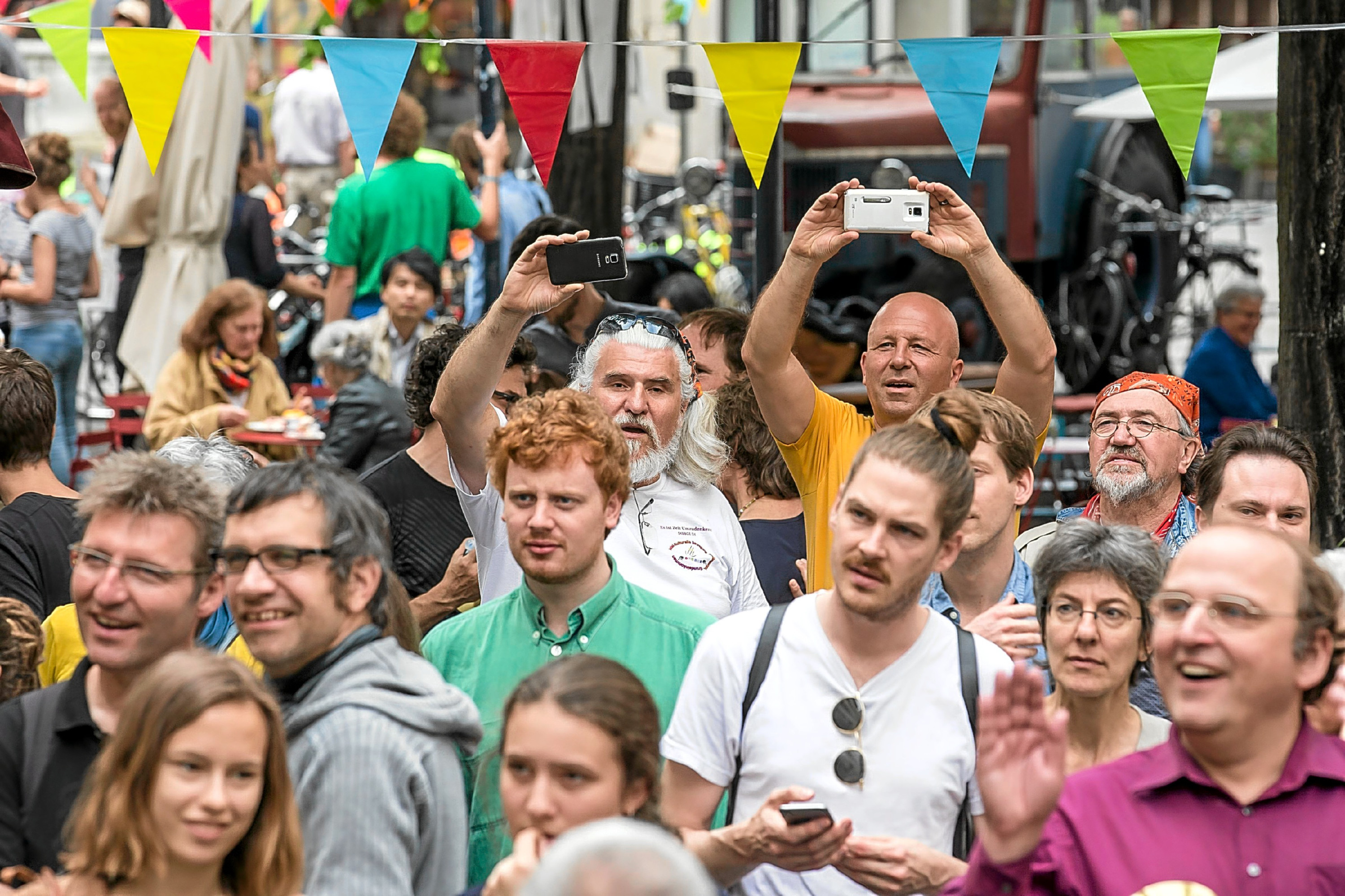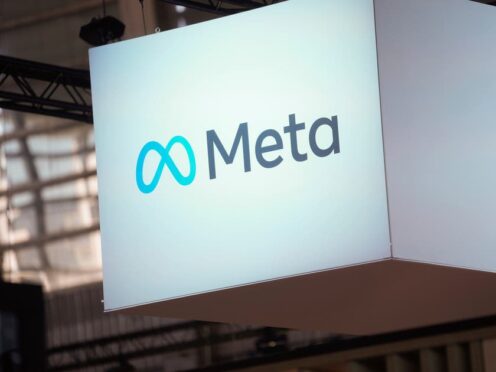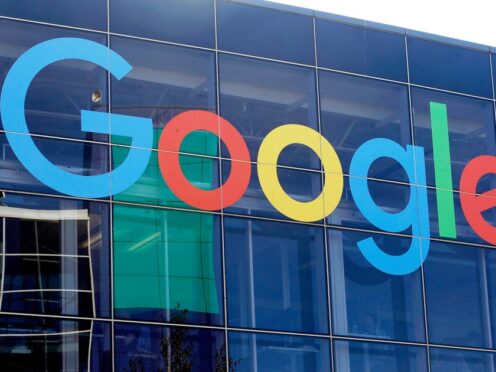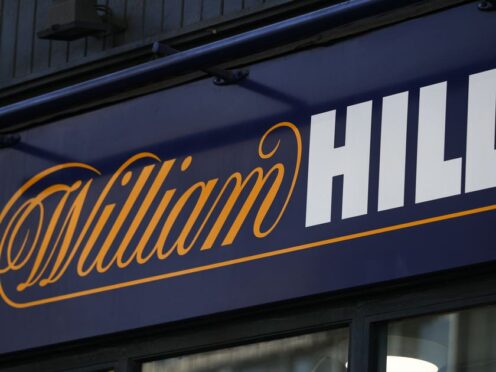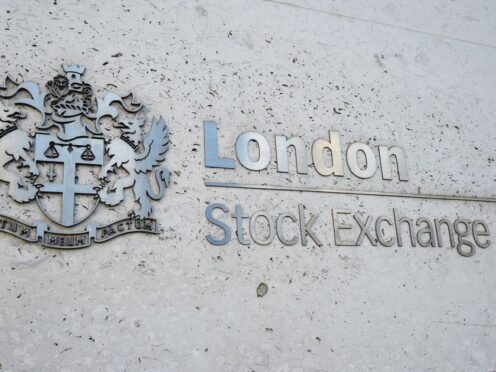Fancy talking about a referendum in the EU? No, not that one.
The one that took place in Switzerland over the course of the weekend where the populace overwhelmingly rejected a proposal to pay each adult a monthly income of more than £1,700.
Yes, you did read that correctly.
The plan was for the Government to make a monthly payment of 2,500 Swiss francs to every citizen, with further payments for children.
There was no catch – it would be your cash to do with what you will.
As Dire Straits put it, ‘money for nothing’.
So why did the Swiss public vote so strongly to reject what seems like the ultimate gift horse?
Basic Income Switzerland, the campaign group advocating a yes vote, argued that a basic income would put a value on care provided in the community for free.
A monetary reward for looking after elderly relatives, children and the disabled that would encourage more people to become actively involved in the communities in which they lived.
The Swiss Government, which was compelled to hold the referendum due to popular initiative rules that force a public vote on any petition issue that gathers 100,000 signatures in less than 18 months, warned that providing a basic income would significantly weaken the economy.
Having a comfort blanket of cash would also be a disincentive to many to get up and get out in the morning.
There were also concerns that doling out wads of cash to the masses without any control would lead to mass migration to the country.
Valid points, but I found the psychological argument against free money even more compelling.
Critics said they feared breaking the link in the mind between hard work, reward and self-improvement was dangerous and could be bad for individuals and society as a whole. That is something I identify with.
For many people, work is a reason to get out of bed in the morning.
However much you may moan about work at the time – and believe me I have off days like anyone else – can you really imagine being effectively pensioned off by the state at the age of 18? I can’t.
While a significant proportion of people would still pursue a career, volunteer or find some other way of usefully occupying their time, having a comfort blanket of cash would also be a disincentive to many to get up and get out in the morning.
And in that situation, the phrase ‘the devil finds work for idle hands’ comes immediately to mind.
I was brought up to have a work ethic and I firmly believe having a focus in life is positive from a mental point of view.
And that, over and above the major political issues of the economy and migration, is why I think the Swiss people did the right thing by rejecting the free cash plan.
But I don’t mind admitting that I’d still have found it hard to make my cross in the ‘No’ box.
